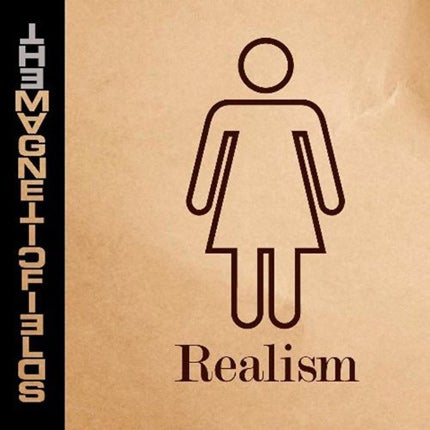Your support helps us to tell the story
From reproductive rights to climate change to Big Tech, The Independent is on the ground when the story is developing. Whether it's investigating the financials of Elon Musk's pro-Trump PAC or producing our latest documentary, 'The A Word', which shines a light on the American women fighting for reproductive rights, we know how important it is to parse out the facts from the messaging.
At such a critical moment in US history, we need reporters on the ground. Your donation allows us to keep sending journalists to speak to both sides of the story.
The Independent is trusted by Americans across the entire political spectrum. And unlike many other quality news outlets, we choose not to lock Americans out of our reporting and analysis with paywalls. We believe quality journalism should be available to everyone, paid for by those who can afford it.
Your support makes all the difference.Magnetic Fields is the primary vehicle for the preposterously prolific muse of Stephin Merritt.
In 19 years he's released 19 albums under various guises and not one of them, if you'll pardon the excruciating pun, without merit.
If you've struggled to keep up with the Bostonian singer-songwriter's bewildering output, and failed to catch 2008's electric-based Distortion (to which Realism is an acoustic companion piece), it barely matters. Within 30 seconds of the chiming opening of "You Must Be Out of Your Mind", he's delivered the couplet "I want you on your knees to me/ Like an appendectomy sans anaesthaesia", and you're straight back into Merritt-world.
The mismatch between the benign beauty of the music and the offhand harshness of the lyrics (buried, as so often is the case, in the harmonics) is something of a Merritt hallmark, and in this instance suggests an alternate universe in which the Byrds were fronted by Frank Zappa.
Amplification and abrasiveness are banished, and instead sounds such as the harpsichord, the flugelhorn and the children's music box reign. "Seduced and Abandoned" has the courtly 18th-century feel of Sparks circa Indiscreet, while "I Don't Know What to Say" suggests the Beach Boys on some imagined interim album between Pet Sounds and Smile.
If Merritt is forever profoundly pessimistic about love, his songs are, paradoxically, oddly romantic regardless. It's as though his pessimism derives only from his own high expectations. Cutting social commentary, however, is never far from the surface: "The Doll's Tea Party" reads like an acerbic satire on the determined frivolity of a certain type of gay man (Merritt, of course, being a gay man himself).
Pleasingly, Merritt may now have gained a whole new audience among macabre-minded children via the back door due to his mutual love-in with author Lemony Snicket, who appears on accordion and backing vocals here under his real name of Daniel Handler, with Merritt in return recording a song for each new Snicket audiobook. The prospect of thousands of pre-teens being exposed to Merritt's unique worldview would be a seriously fortunate event.

Join our commenting forum
Join thought-provoking conversations, follow other Independent readers and see their replies
Comments